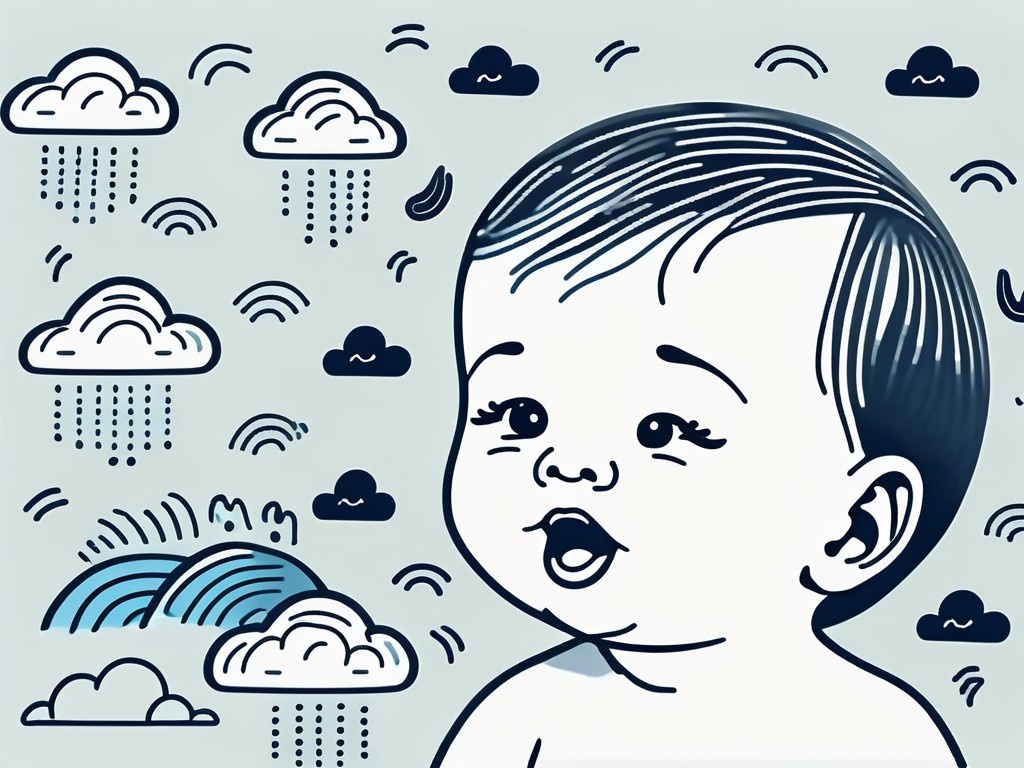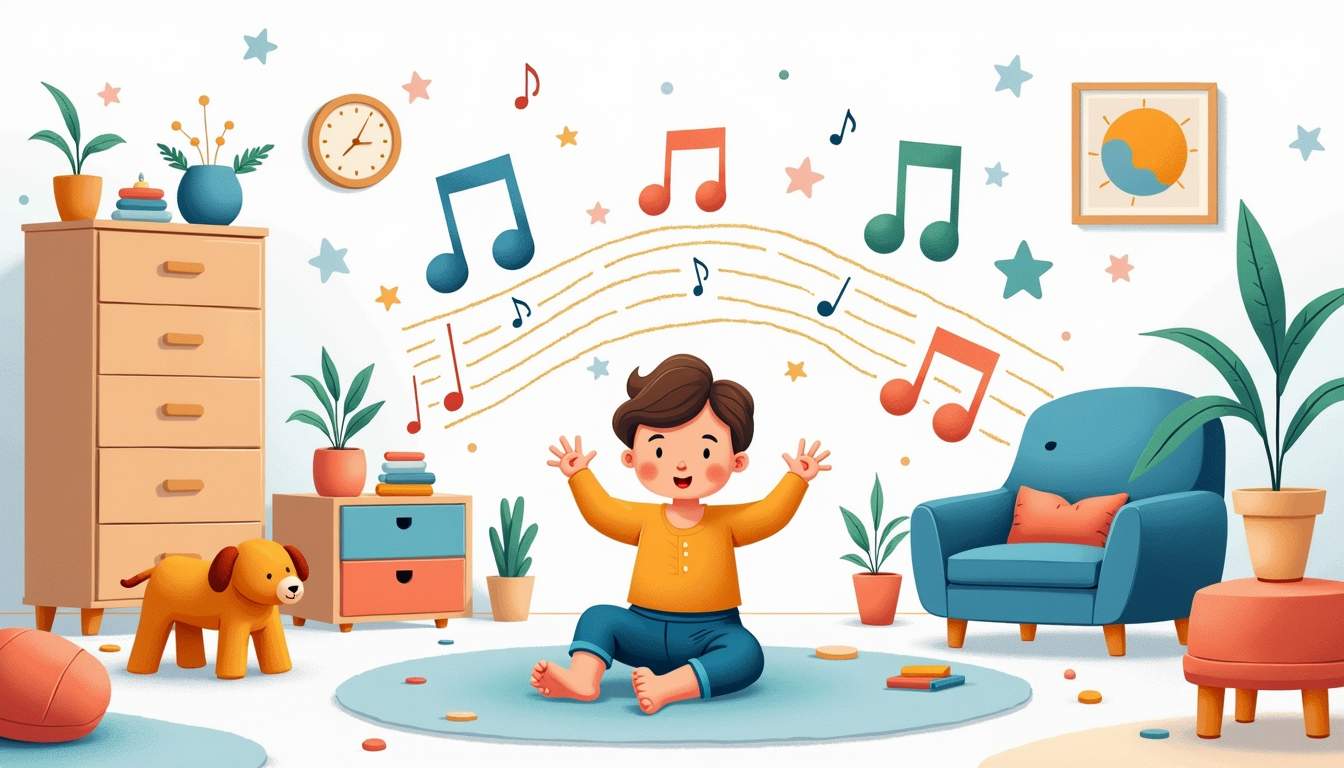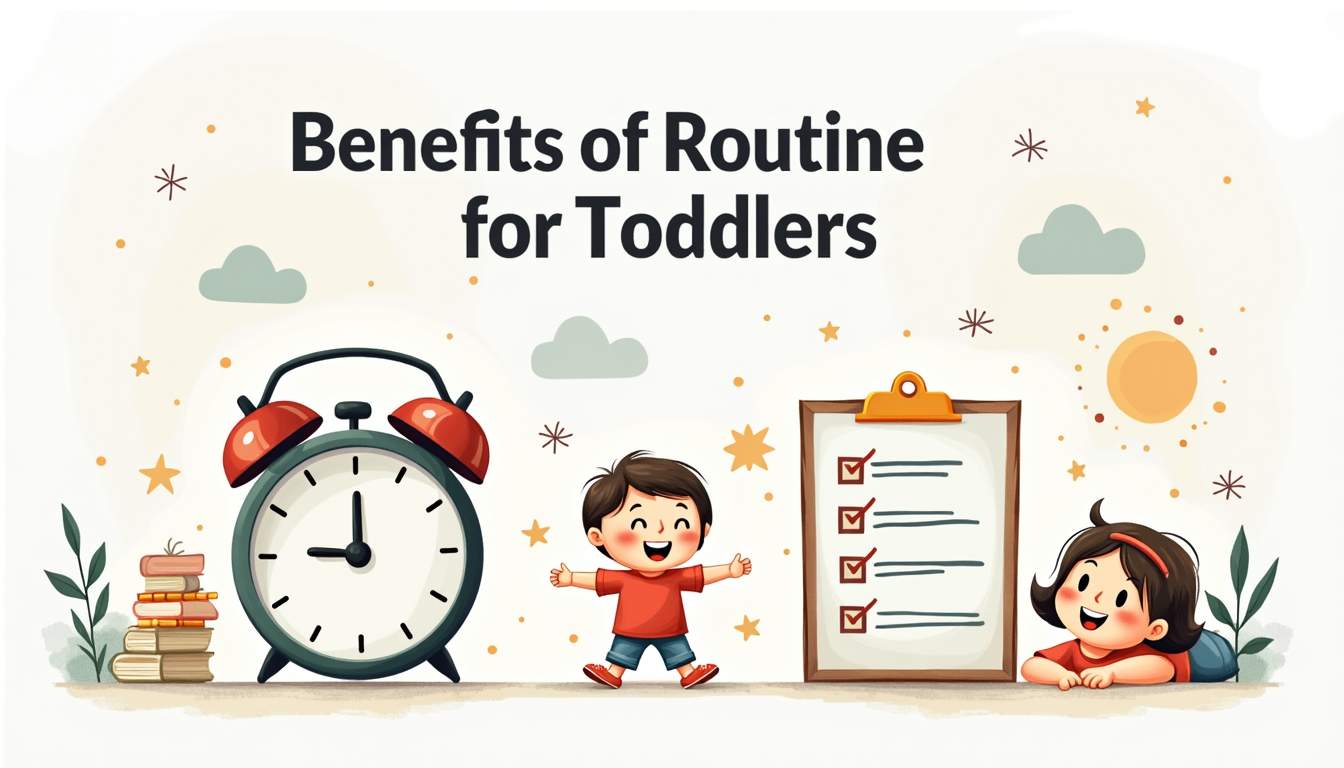Emotional regulation is a vital skill that enables individuals to manage and express their emotions appropriately. While adults may have developed some level of emotional regulation through their experiences and maturity, babies are just beginning to learn this skill. Understanding how babies learn emotional regulation and the role of parents in this process is crucial for fostering healthy emotional development in infants. This article will explore the various aspects of emotional regulation in babies and highlight the importance of this skill in their overall well-being.
Understanding Emotional Regulation in Babies
Babies are born with basic emotions, such as joy, sadness, fear, and anger, but they lack the ability to regulate these emotions effectively. Emotional regulation in babies refers to their capacity to manage and modulate their emotional states in response to different situations.

As babies grow and develop, their emotional regulation skills undergo significant advancements. It is a gradual process that is influenced by various factors, including genetics, environment, and early interactions with caregivers.
The Role of Emotional Regulation in Early Development
Emotional regulation plays a significant role in the early development of infants. It helps them navigate through their emotions and enables them to form secure emotional attachments with their caregivers.
Furthermore, the emotional regulation abilities that babies develop in their early years can have long-lasting effects on their mental health and relationships later in life. Research suggests that infants who receive responsive and sensitive caregiving are more likely to exhibit better emotional regulation skills as they grow older.
By learning to regulate their emotions, babies can develop a sense of self-control, resilience, and coping mechanisms necessary for their overall emotional well-being.
Key Components of Emotional Regulation in Infants
The process of emotional regulation in babies involves several key components. These include:
1. Self-Soothing: Babies learn to calm themselves down when they are upset or agitated.
2. Attention Shifting: Infants develop the ability to redirect their focus away from distressing stimuli.
3. Emotional Awareness: Babies start to recognize and label their emotions, laying the foundation for understanding and managing them.
4. Emotional Flexibility: Infants learn to adapt their emotional responses based on the demands of different situations.
Each of these components plays a crucial role in helping babies regulate their emotions effectively and navigate the complex world of feelings and interactions around them.
The Process of Emotional Regulation Development
The development of emotional regulation in babies occurs gradually over time. It progresses through various stages, each building on the previous ones.

Understanding the intricacies of emotional regulation development in infants provides valuable insights into the complex world of early childhood development. As babies navigate their emotional landscape, they rely on a combination of innate responses and external influences to shape their regulatory abilities.
The Stages of Emotional Regulation in Infants
During the first few months of life, babies rely on external regulation, primarily provided by their caregivers. As they grow, they start to develop their regulatory capabilities.
At around three to six months, infants begin to engage in self-soothing behaviors, like sucking their thumb or cuddling a soft toy. These actions not only offer comfort but also mark the beginning of self-regulation skills taking root. By the age of one, most babies demonstrate some level of self-regulation, a significant milestone in their emotional development journey.
As they enter toddlerhood, children become more adept at expressing and managing their emotions, seeking comfort from their parents or caregivers when needed. This stage is crucial as toddlers begin to test their emotional boundaries and explore the nuances of their feelings in a safe and nurturing environment.
Factors Influencing Emotional Regulation Development
The development of emotional regulation in babies is influenced by various factors. These include:
- Parental responsiveness and emotional availability
- Consistent caregiving routines
- Secure attachment with primary caregivers
- Environmental factors such as stress levels and exposure to soothing experiences
Parental responsiveness plays a pivotal role in shaping a baby’s emotional regulation skills. When caregivers promptly attend to a baby’s needs and provide a secure emotional environment, infants learn to trust their own emotional responses and develop a sense of safety and security.
The Role of Parents in Emotional Regulation
Parents play a crucial role in shaping their babies’ emotional regulation abilities. They provide the foundation upon which infants develop this essential skill.
Emotional regulation is a key aspect of a child’s development, influencing their ability to manage and express emotions in a healthy way. It serves as the cornerstone for building strong relationships, coping with stress, and navigating social interactions effectively.
Parental Influence on Emotional Development
The emotional responsiveness and availability of parents significantly impact their babies’ emotional development. When parents respond promptly and sensitively to their infants’ emotional needs, they help them feel secure and supported.
Moreover, parental modeling of emotional regulation plays a crucial role in shaping how children learn to manage their own emotions. Children observe and learn from how their parents cope with various emotional situations, laying the groundwork for their own emotional responses.
Parents who provide consistent emotional support contribute to the development of a strong foundation for emotional regulation in their babies.
This support helps children feel safe to explore their emotions and develop the skills needed to regulate them effectively. It fosters a sense of security and trust, enabling children to navigate the complexities of their feelings with confidence.
Strategies for Parents to Foster Emotional Regulation
There are several strategies parents can employ to foster their babies’ emotional regulation:
- Establishing a predictable and nurturing environment
- Responding promptly to their infants’ emotional signals
- Using calming techniques, like gentle rocking or soothing sounds
- Encouraging exploration and providing safe opportunities for emotional expression
Additionally, parents can engage in emotion coaching, where they help children identify and label their emotions, validate their feelings, and teach them appropriate ways to manage and express these emotions. By guiding children through the process of understanding and regulating their emotions, parents empower them to navigate life’s challenges with resilience and empathy.
The Impact of Emotional Regulation on Future Behavior
The ability to regulate emotions in infancy sets the stage for future behavior and wellbeing in children and even adulthood.
Emotional regulation is a crucial skill that plays a significant role in shaping an individual’s overall development. It not only impacts immediate reactions to stimuli but also has far-reaching effects on various aspects of life. From childhood through to adulthood, the ability to regulate emotions can influence relationships, academic performance, and mental health.
Emotional Regulation and Social Skills
Babies who develop effective emotional regulation skills tend to have better social skills as they grow older. They can manage their emotions in social interactions, form positive relationships, and navigate conflicts more effectively.
Furthermore, individuals who have a strong foundation in emotional regulation are more likely to exhibit empathy and understanding towards others. This ability to empathize and connect with different people can lead to deeper and more meaningful relationships, both personally and professionally.
Emotional Regulation and Academic Success
The development of emotional regulation in early childhood also influences academic success. Children who can regulate their emotions are better equipped to focus, engage in learning, and manage stress in educational settings.
Moreover, the link between emotional regulation and academic success extends beyond the classroom. As individuals progress through their academic journey and enter the workforce, the ability to regulate emotions becomes increasingly important. It can impact decision-making, conflict resolution, and overall job performance, highlighting the long-term implications of mastering this skill early on.
Challenges in Emotional Regulation Development
While emotional regulation development is a natural process, some infants may face challenges in acquiring this skill. Understanding the complexities of emotional regulation in infants is crucial for parents and caregivers to provide appropriate support.

Emotional regulation difficulties can stem from various factors, including genetic predispositions, environmental influences, or underlying health conditions. It is important for parents to approach these challenges with patience and empathy, creating a nurturing environment that promotes emotional well-being.
Recognizing Emotional Regulation Difficulties in Infants
It is essential for parents and caregivers to recognize signs of emotional regulation difficulties in their babies. These may include persistent irritability, excessive fussiness, difficulty self-soothing, or extreme emotional reactions to everyday situations. By being attuned to these cues, parents can intervene early and provide the necessary support for their infant’s emotional development.
Furthermore, understanding that each infant has a unique temperament and pace of development is key in identifying and addressing emotional regulation challenges. What works for one baby may not work for another, highlighting the importance of individualized care and attention.
Intervention Strategies for Emotional Regulation Issues
If parents suspect their baby is experiencing challenges in emotional regulation, seeking professional support and intervention is beneficial. Pediatricians, child psychologists, or early intervention specialists can provide guidance and support to address these concerns. Collaborating with healthcare professionals can empower parents with strategies and techniques to help their baby navigate and regulate their emotions effectively.
Additionally, creating a consistent routine, providing a safe and secure attachment with caregivers, and engaging in responsive parenting practices are fundamental in promoting healthy emotional regulation in infants. Building a strong foundation of trust and security enables babies to explore their emotions in a supportive environment, fostering resilience and adaptive coping skills.
In conclusion, emotional regulation is a critical skill that babies learn over time, with the support and guidance of their parents. By understanding the role of emotional regulation in early development, parents can play an active role in fostering their babies’ emotional well-being. Promoting emotional regulation not only benefits babies in their early years but also sets a foundation for their future social and academic success.











